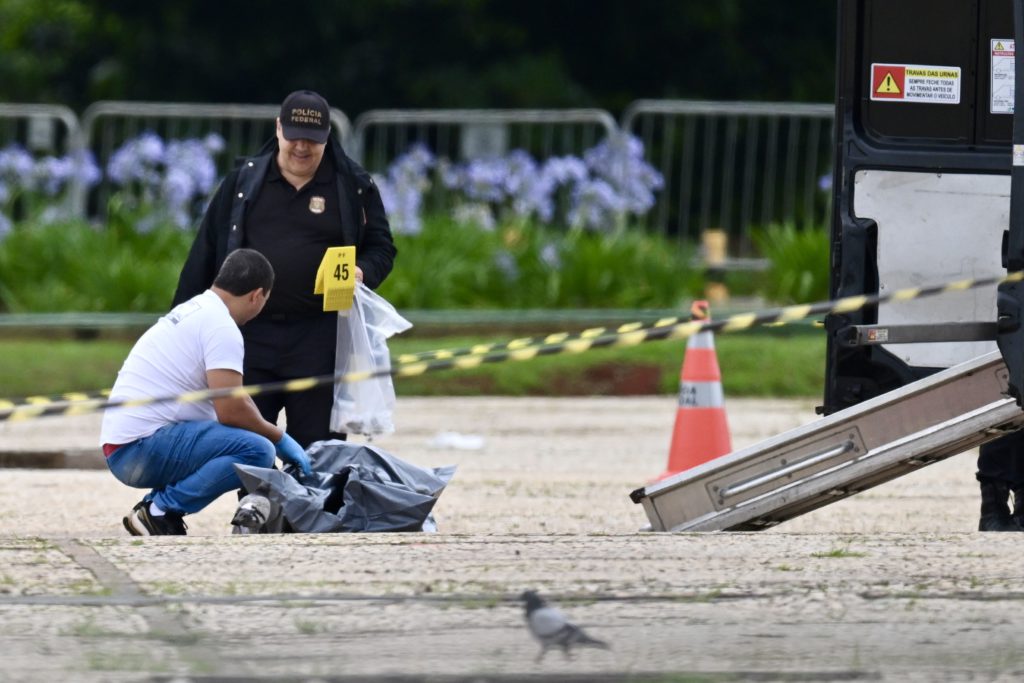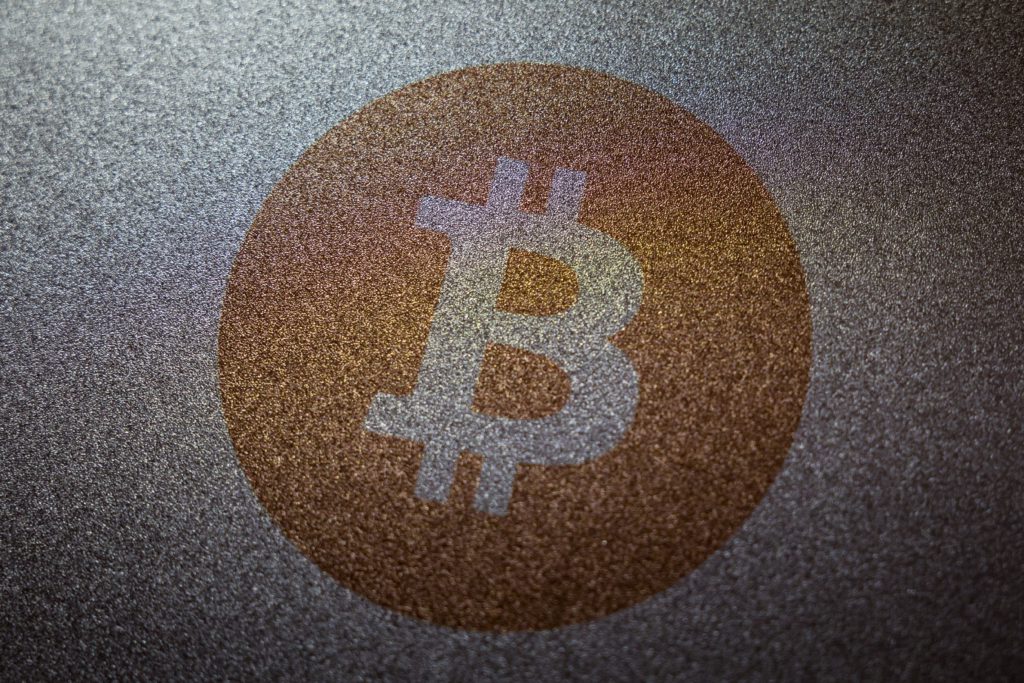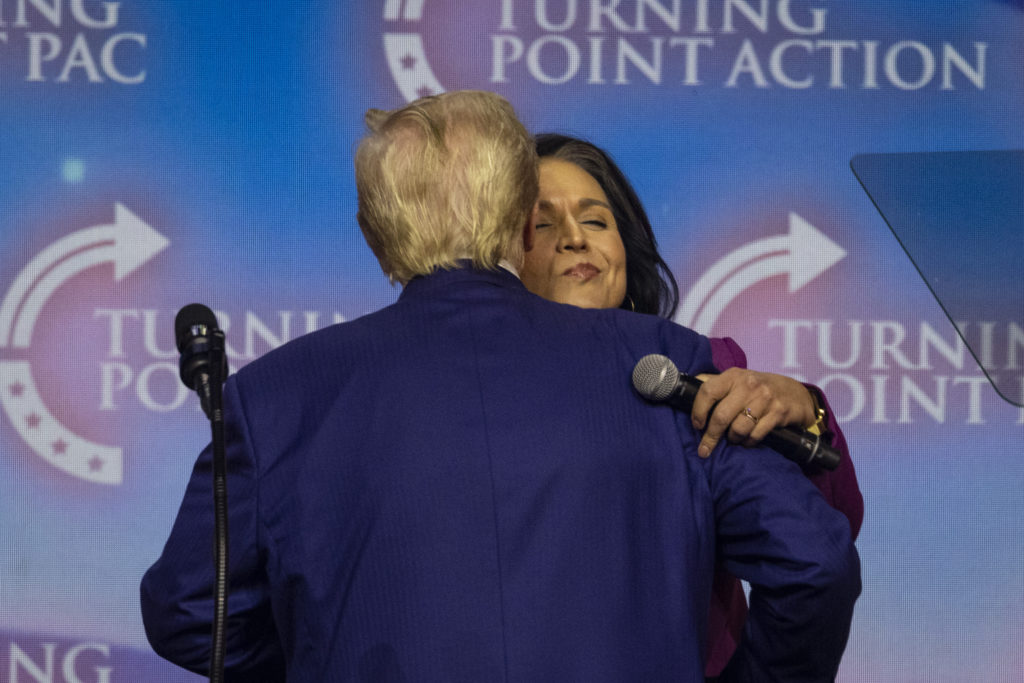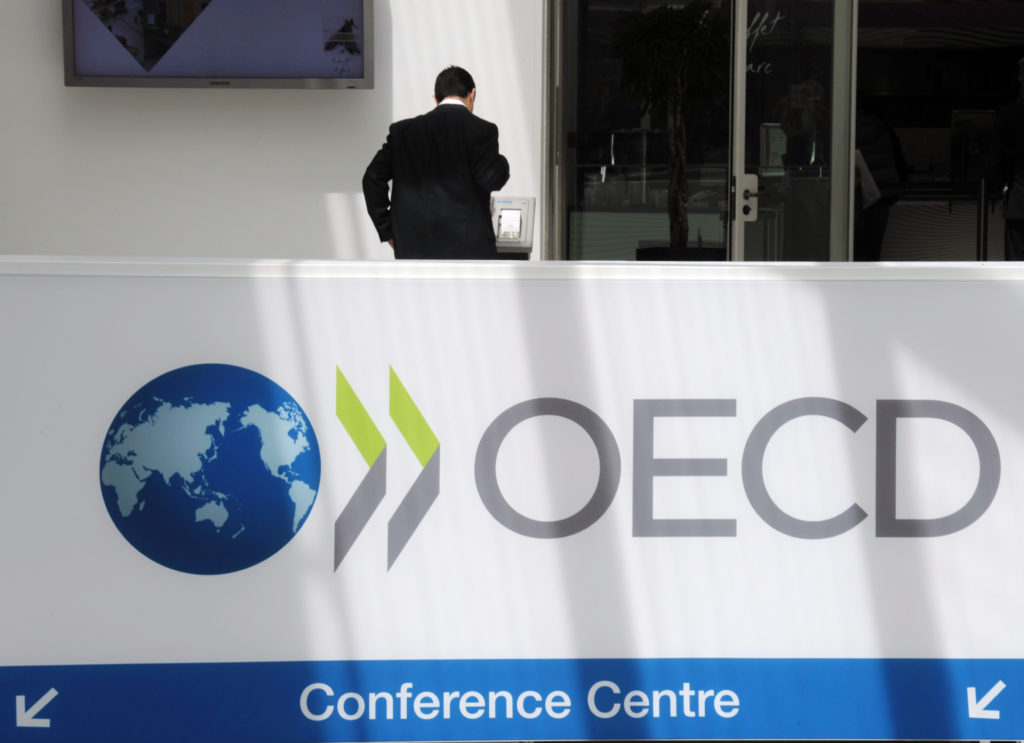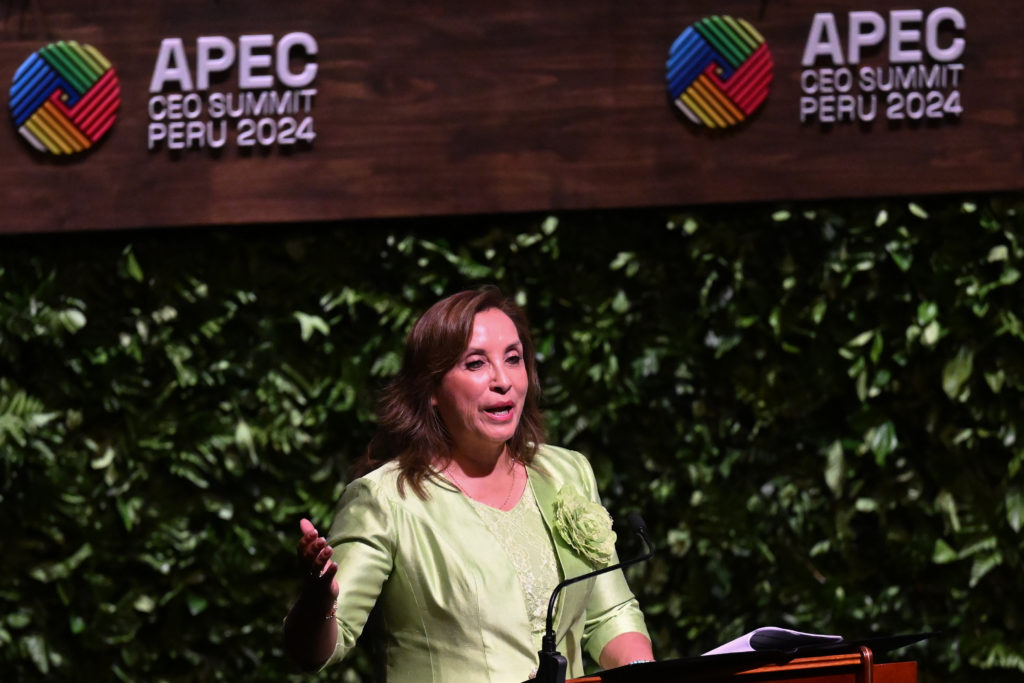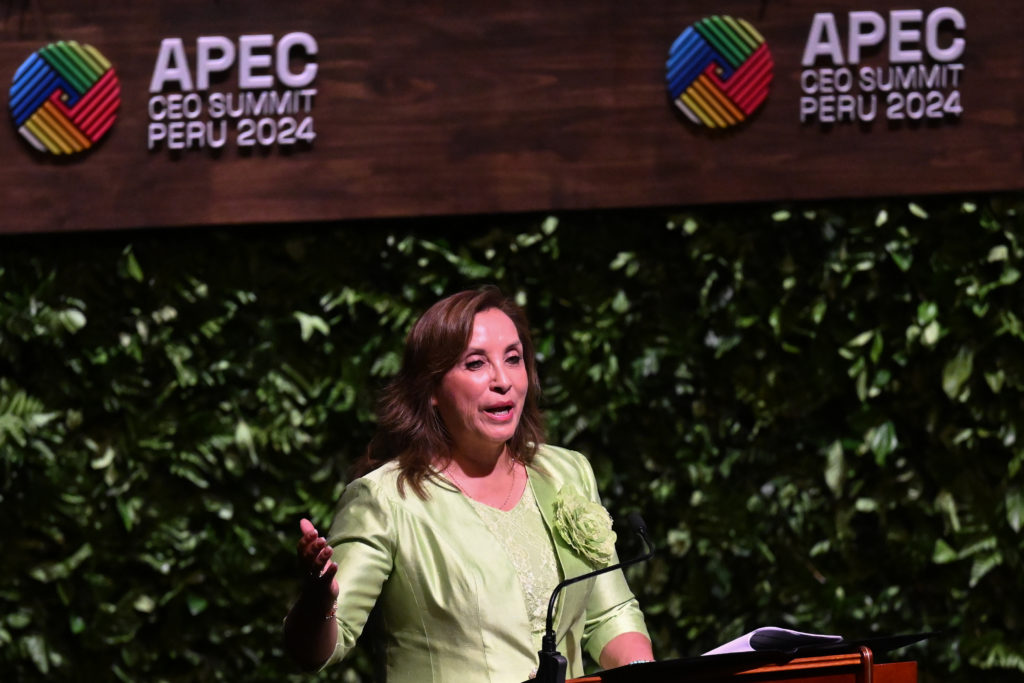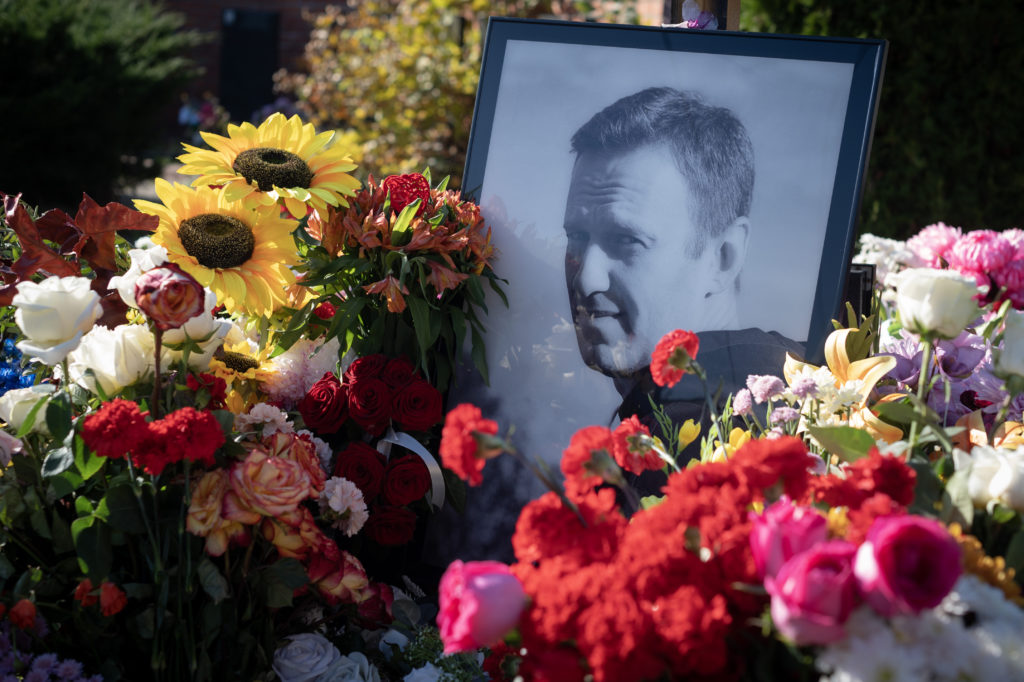German Chancellor Olaf Scholz reiterated his innocence in the fraud scandal
German Chancellor Olaf Scholz said on Friday he believed he had been exonerated after being grilled by a committee on his potential role in a huge tax fraud scam that cost the government billions.
Scholz had testified for the second time to the parliamentary committee in Hamburg, which is probing whether local political figures helped a bank to avoid paying back falsely claimed tax rebates.
Scholz was the mayor of Hamburg from 2011 to 2018 and has lately been repeatedly forced to beat back allegations he was involved in the decision to let the bank off the hook.
The hearing on Friday had produced a “clear conclusion”, Scholz said in a closing statement to the press: “There is nothing there. There was no influence.”
Scholz had answered questions for around three and a half hours — less time than expected — with the chancellor suggesting the relatively speedy finish “perhaps speaks for the fact that everything is now on the table”.
The parliamentary committee is probing why local finance authorities in 2016 dropped a bid to claw back 47 million euros ($48 million) in taxes from private bank M. M. Warburg over so-called cum-ex trades.
Arriving at the hearing, the chancellor had eyed the room with a grim expression before reiterating his innocence, declaring: “I had no influence on the Warburg tax proceedings.”
First exposed in 2017, the “cum-ex” scandal involved numerous participants swiftly exchanging company shares amongst themselves around dividend day to claim multiple tax rebates on a single payout.
The scam has seen dozens of people indicted in Germany, including bankers, stock traders, lawyers and financial consultants.
Warburg eventually had to pay back tens of millions of euros under pressure from the federal government under then chancellor Angela Merkel.
– Dismal ratings –
The grilling in Hamburg came with Scholz facing dismal popularity ratings after his first six months in office were tarnished by criticism over his perceived weak response to the war in Ukraine.
More recently, the chancellor has struggled to reassure Germans over possible energy shortages this winter and the very real prospect of a recession in Europe’s biggest economy.
Scholz also this week faced a backlash over his failure to immediately condemn comments on the Holocaust made in Berlin by Palestinian president Mahmud Abbas.
The chancellor appeared calm and confident at the hearing, standing by statements he made in his previous testimony.
He described allegations of political influence in the Warburg case as “false and recognisably not supported by anything or anyone”.
Some of the committee’s questions concerned conversations Scholz is alleged to have had in 2016 with Christian Olearius, then head of Warburg bank.
Critics have accused Scholz of making contradictory statements on his contacts with Olearius, initially admitting he had met the banker before later appearing to deny it.
– ‘Lapses of memory’ –
The chancellor insisted he had no specific memories of any meetings with Olearius, pointing out that he had held a huge number of meetings with business figures during his time in Hamburg.
“There is not the slightest hint anywhere” of anything untoward being agreed in such meetings, he said, insisting he always behaved “correctly”.
Scholz also denied exerting any influence “before or after the meetings” and said the city of Hamburg had suffered “no financial damage in this matter”.
Friedrich Merz, the leader of the opposition conservatives, told the Handelsblatt daily he did “not believe a word the chancellor says”.
“There is hardly anyone in Germany who believes Olaf Scholz’s many lapses of memory,” he said.
Johannes Kahrs, a former MP with Scholz’s Social Democrats (SPD), is also under investigation as part of the Hamburg probe.
According to German media, investigators recently found around 200,000 euros in cash in a bank safe deposit box belonging to Kahrs, though it is unclear whether the find has anything to do with the cum-ex scandal.
Asked about the cash on Friday, Scholz said he knew “nothing about the safe deposit box, its contents or its origin”.

